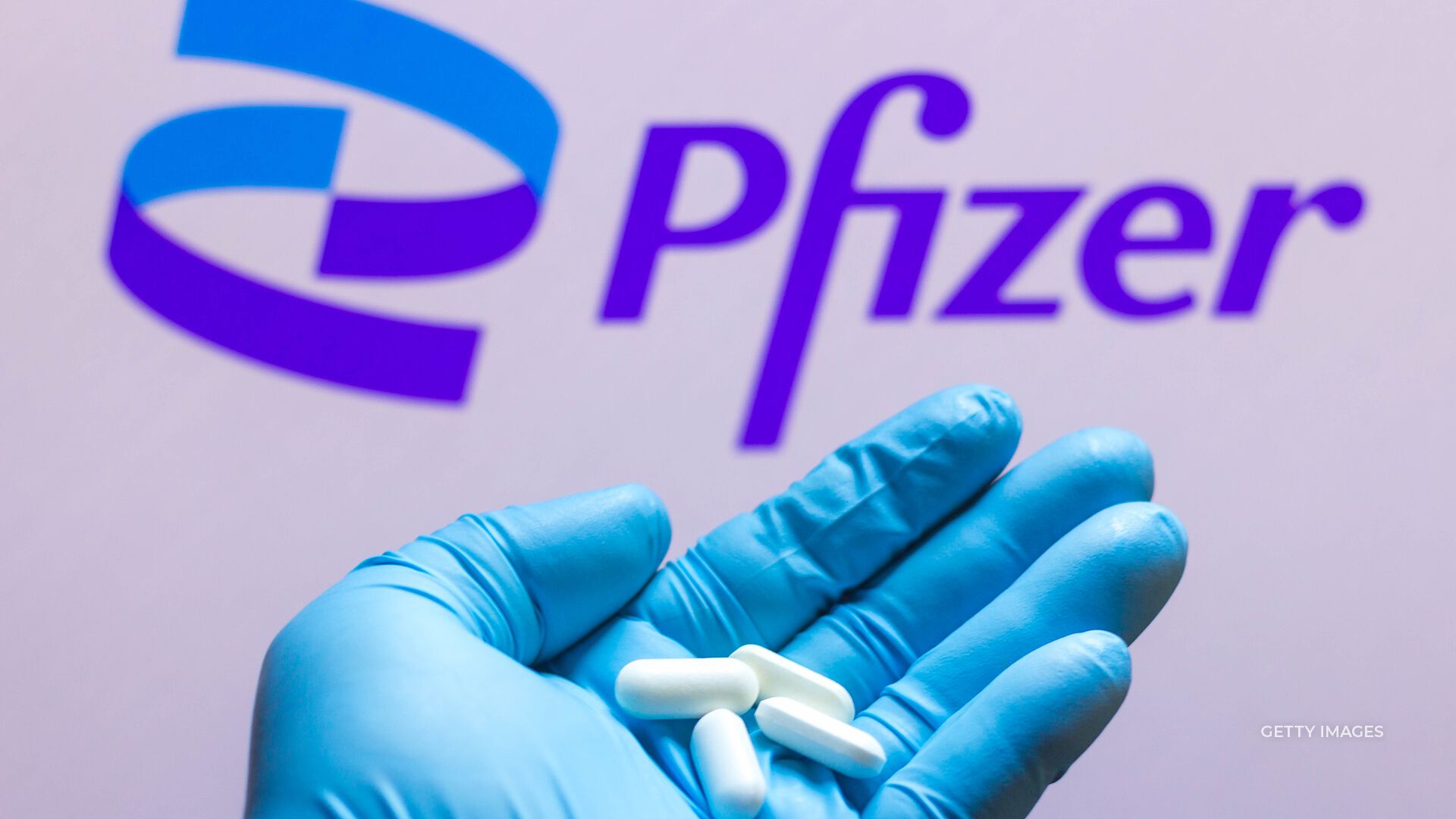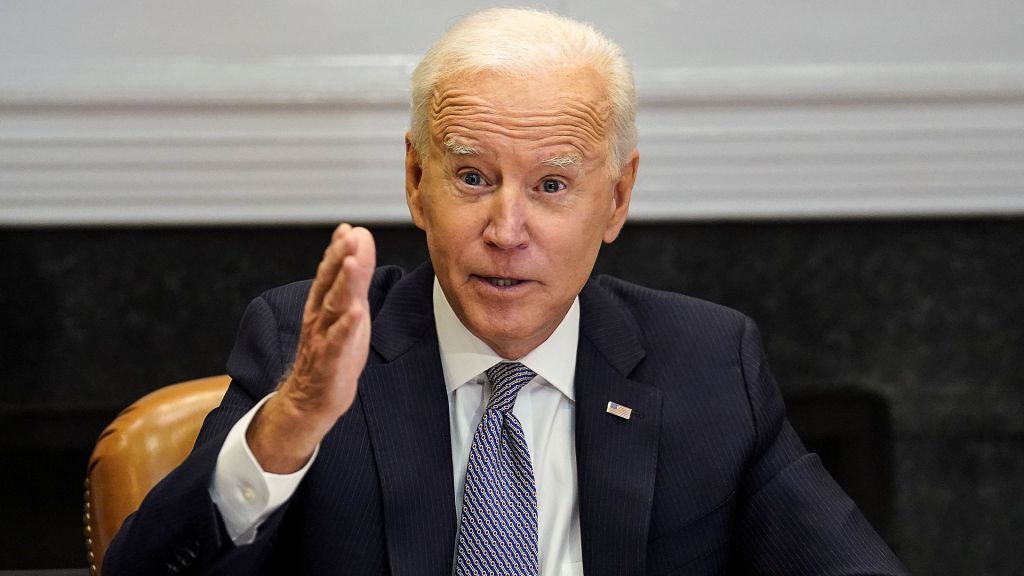
Jeff Zients, White House COVID-19 coordinator: “We got good news today with the authorization of Pfizer’s antiviral. Merck’s pill, if authorized, along with Pfizer’s newly authorized pill add oral treatment options to our nation’s medicine cabinet. As soon as emerging science showed the promise of these antivirals, we acted quickly and aggressively to pre-purchase 10 million treatment courses of Pfizer and three million courses of Merck.”
“Knowing that these pills take time to manufacture, Pfizer continues to increase their production plans. And now that the pill is authorized, we’ll have discussions to explore how we can help them improve their manufacturing capacity even further by providing any resources needed. We will have 265,000 treatment courses of Pfizer available in January, with monthly totals of pills ramping up across the year and all 10 million treatment courses delivered by late summer. As quickly as Pfizer gets the pills manufactured and delivered, we will immediately provide them to states and jurisdictions for distribution. Just as we’ve done with vaccines and monoclonal antibody treatments, we will ensure equity is at the center of antiviral distribution.”
Dr. Anthony Fauci, Director, National Institute of Allergy and Infectious Diseases: “Small molecule antivirals are available now. You heard the recent approval of an EUA of paxlovid. Of note and underappreciated is Remdesivir, is already fully approved and is available in a three-day course, which in a recent study showed to dramatically diminish the need for hospitalization.”
“It is obviously a very difficult situation when you have a limited supply. For that reason, we’ve asked the NIH guidelines committee to put together a recommendation of when someone comes in with an acute infection and is in a risk group, which is what you want this to be for, since we have a limited supply, that we would have a prioritization of what the best approach would be. It almost certainly will be a physician writing a prescription for someone who within the first three days of notable symptoms of covid and is in a high-risk group to get it. But those guidelines, which will not only be limited to what you would do with paxlovid but also whether or not it would might be more appropriate to recommend remdesivir, which can be given in a three day course or one of the monoclonal antibodies that work.”
Dr. Rochelle Walensky, Director, U.S. Centers for Disease Control and Prevention: “What I can tell you is that you are 10 times more likely to have a case of covid if you are unvaccinated compared to if you are vaccinated and boosted. You are 20 times more likely to die of covid if you are unvaccinated compared to if you’re vaccinated and boosted. And yes, we know with omicron that has more mutations and is able to evade our vaccines better, that we are going to see vaccinated and even boosted people have breakthrough cases. And they will have breakthrough cases with mild and mild disease or perhaps even asymptomatic disease. And what I would say that is those vaccines working and working well, because those vaccines are working to prevent really severe disease and to prevent hospitalizations and deaths.”






